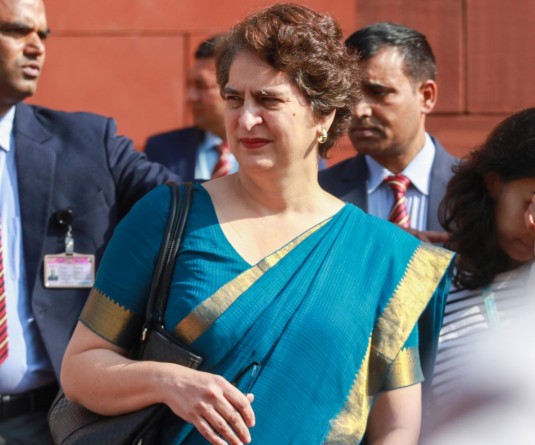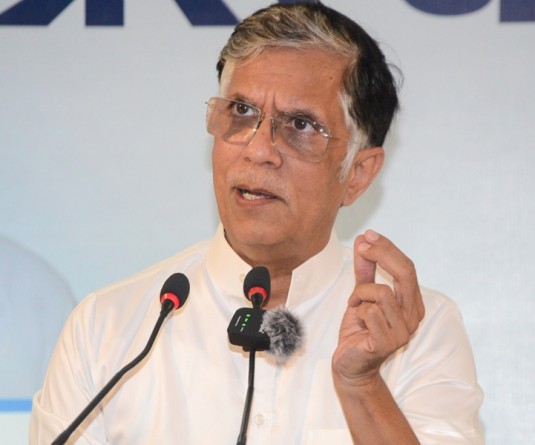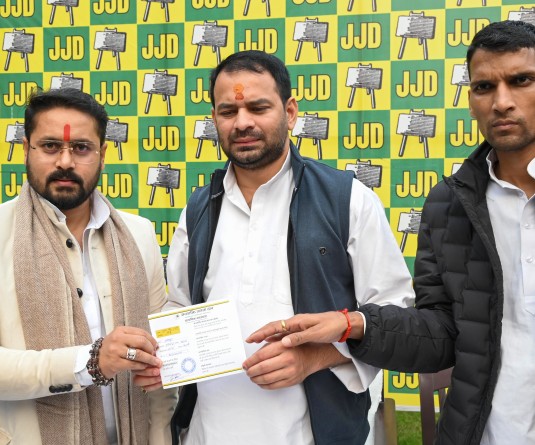
New Delhi, April 6 (PTI): The Delhi government on Tuesday announced seven hours of night curfew for this entire month as COVID-19 cases continued to rise with 5,100 fresh cases and 17 deaths being reported in 24 hours, even as the AAP dispensation ruled out any plans for a lockdown, saying it is exploring other alternatives.
The emergency measure for the "wellbeing and safety" of people was decided after the Delhi Disaster Management Authority (DDMA) reviewed the coronavirus situation in the city. The DDMA order for curfew from 10 pm to 5 am will continue till April 30.
According to the health bulletin, 5,100 new COVID-19 cases were reported in last 24 hours, the highest this year, and 17 deaths. The death toll stands at 11,113.
"The Delhi government is exploring all options and ideas. Night curfew has a role to check the spread of coronavirus... but the government is not completely dependent on it," Delhi Minister Gopal Rai said during a press conference.
"We are not considering enforcing a lockdown. I believe we can check the spread through other alternatives," he said.
Health Minister Satyender Jain said the government is alert about the pandemic situation here and keeping a "close watch" on it.
"So far this year, there has been only one day when the positivity rate had been more than 5 per cent. The trend needs to be monitored, and we are keeping a close watch on it. Currently, the positivity rate has crossed the 5 per cent-mark for the entire country. However, in Delhi, we are completely alert and are being cautious," Jain said.
Those exempted from the night curfew include pregnant women, patients, those travelling to and from airports, railway stations, state bus terminus on showing tickets, officials related to the functioning of offices of diplomats, and those holding any constitutional post on the production of valid identity card.
Central and Delhi government officials involved in emergency services such as health and family welfare and all related medical establishments, police, prisons, home guards, civil defence, fire and emergency services will also be exempted.



.jpg)


